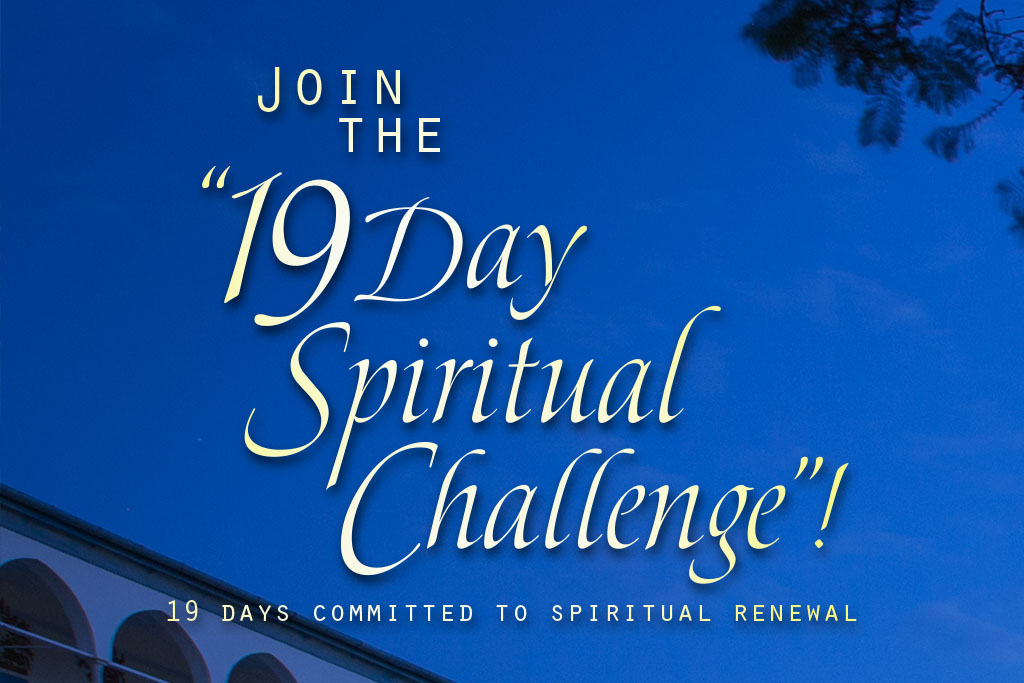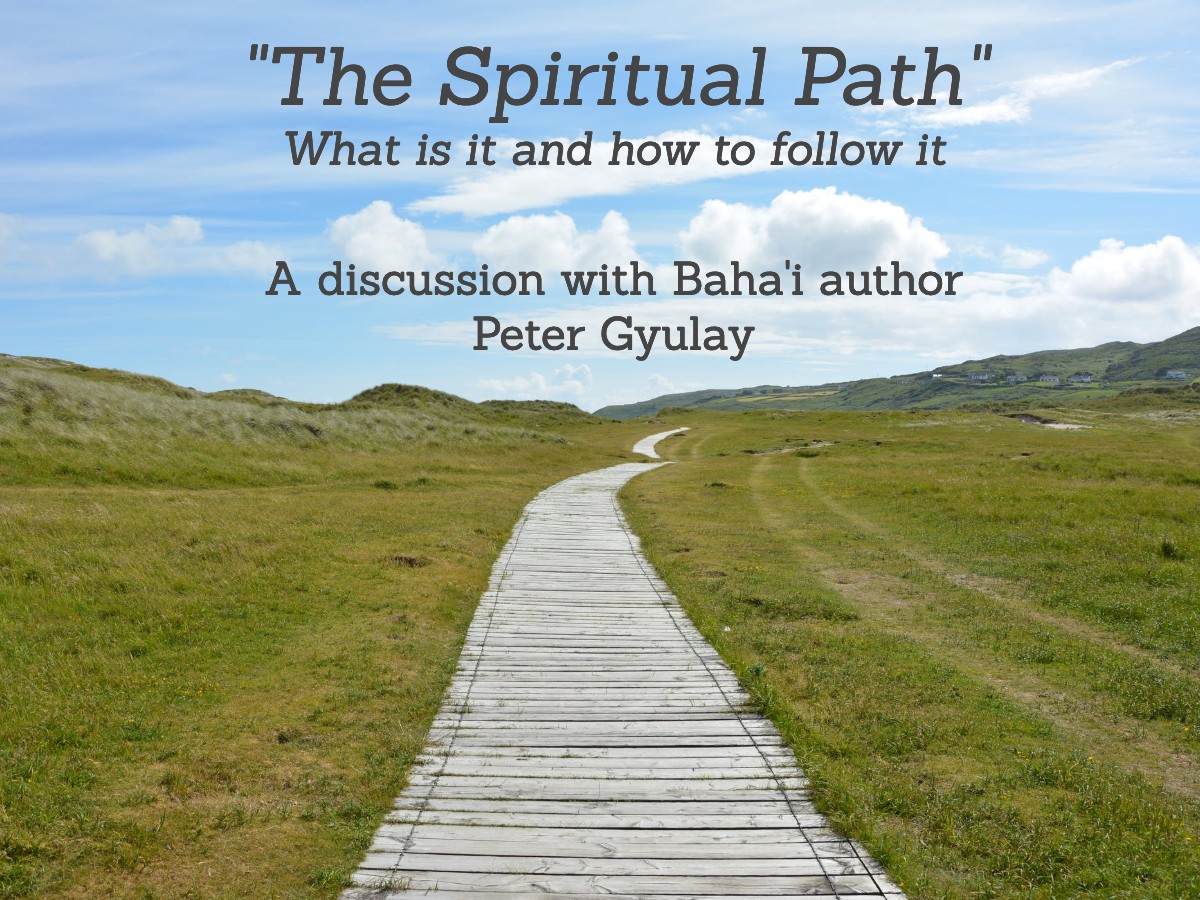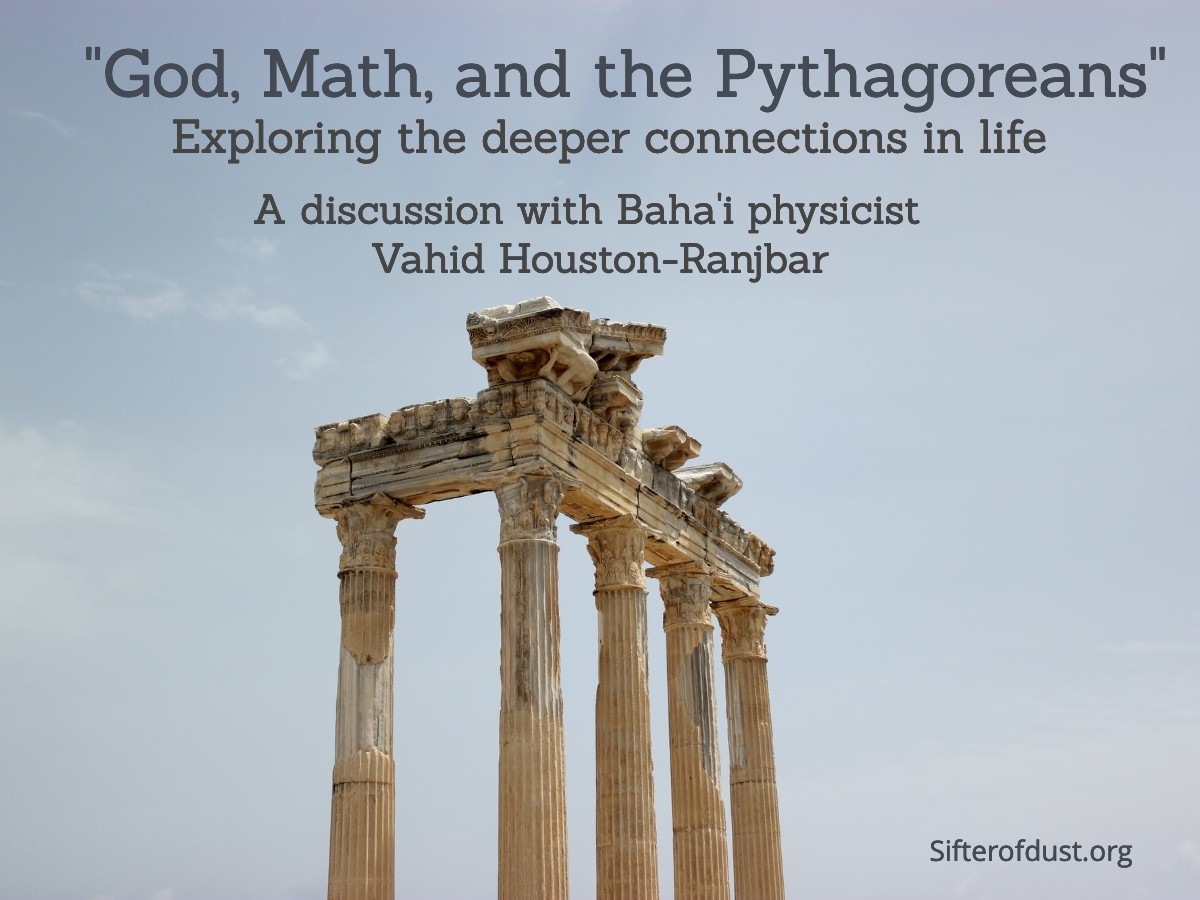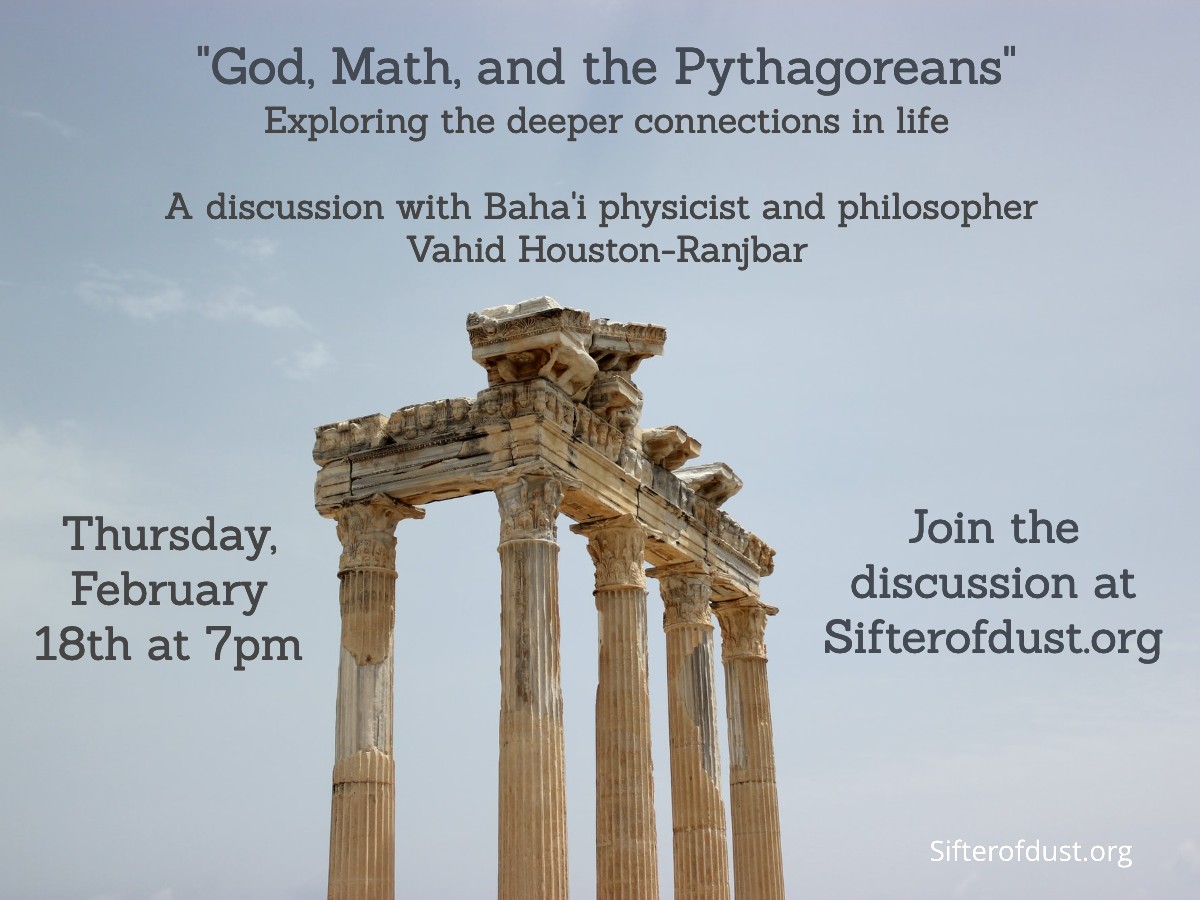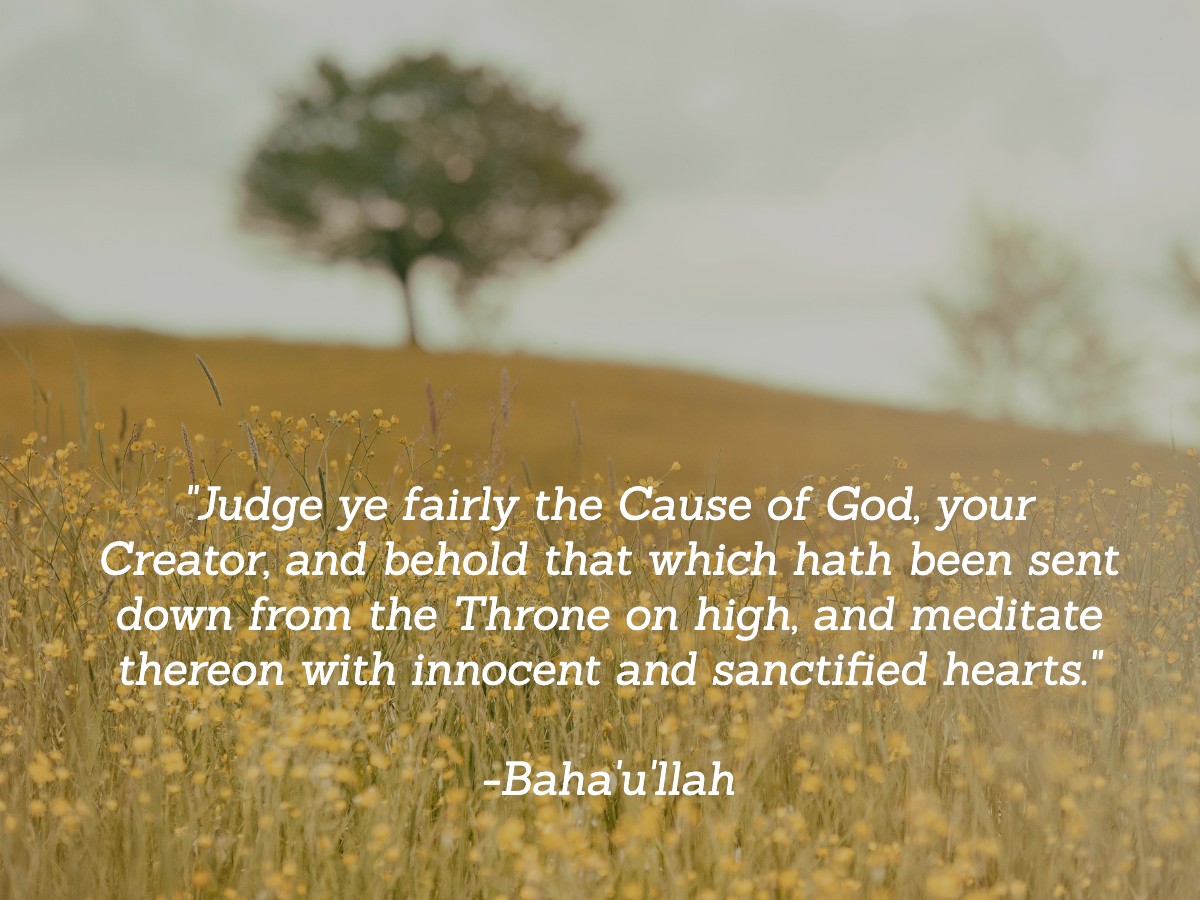Welcome to the 19 Day Challenge! Over the next 19 days, we are going to collectively explore some deeply profound and beautiful ideas, arguably the most significant ideas in the history of the human race.
Let’s start the Challenge now by talking about the Buddha, who brought a message to humanity over 2500 years ago. To give context, he lived about 500 years before Christ, over 1000 years before Muhammad, and 2400 years before Baha’u’llah. He lived in a period known to historians as the Axial Age, when human societies all over the world seemed to awaken to their inner selves. This change was reflected in other great teachers of that time, like Confucius in China, or Socrates and Plato in Greece. The Buddha was distinctive because he focused on the individual spiritual path, and his teachings were foundational to understanding the spiritual path that other great spiritual teachers would further elucidate.
The Buddha lived in India, under the shadow of the Himalayas. His religion came out of Hinduism, the ancient and diverse religion of India, and would spread all over Asia. It would come to have a powerful influence on China, Japan, and other great cultures, in addition to India itself. After meditating on the plight of humanity, the Buddha outlined a simple path to “enlightenment” and ultimately “Nirvana”- a state of spiritual bliss, and the end goal for all human efforts. His path was not completely new. The Buddha himself referred to previous “Buddhas” who had illuminated “the path” but whose names are lost to history. From our perspective, he was the first great teacher to outline a personal spiritual path so clearly.
The Buddha said that the basis of human suffering is that people are ignorant of the true reality of the world, and for that reason, they place their emotions and attachments on the wrong things. He asked people to understand that the world we experience is always dynamic and changing, that it is transient in its essence, that it is in constant motion. All people get old and die, beautiful things wither and turn to dust, tragic things occur on a daily basis. People were ignorant because they attached themselves to the elements of this world, and they were always disappointed because nothing ever stayed the same. Life in such a world was a life of constant disappointment, constant suffering.
The solution the Buddha outlined is to detach yourselves from the transient elements of the world and of your own self. If a person is able to do that completely, they would experience a state of extreme joy, peace, and calm. They would no longer be battered by the winds of change that constantly blow through the world, and would live in peace with all that is, because they no longer need the world to be happy. In such a state, the aspect of their self that attached them to the world would be like a candle that had been blown out, an image that would be taken up by mystical thinkers for the next 2000 years.
Similar to the Buddha, Baha’u’llah would teach that the process of human moral and spiritual growth was the process of people increasingly being able to distinguish between the “transient” from the “eternal”, and then building our lives, even our societies, on that which is truly real. But unlike the Buddha, who focused on the individual and was less attentive to the needs of society in general, Baha’u’llah said that spiritual transformation was a process that must, in this time in history, play out in service to all humanity. Indeed, our spiritual growth is organic with the world and the people around us. Conquering one’s self becomes a pre-requisite to the most beneficial forms action in the world.
The sense of love and peace that the Buddha described would become known in later ages as the “love of God”, the ultimate motive power of all human striving. The spiritual path was about replacing all transient desires with the “love of God” and then being motivated by that “higher love”. The love of God becomes a power of unity as we begin to see all people and all creation as an expression of that love.
In this year’s Challenge, we will start with the idea of the love of God and the earlier posts of the 19 days will be devoted to exploring its meaning.
Please join us on Thursday evening March 4th at 7pm for a zoom-based discussion of the posts. And please share with others!
